Click on the title of each timeline marker and you will be directed to more content!
Foundation of Salvador Bahia
- Tomé de Souza is the first Governor General of Salvador
- First black slaves in Bahia
- First Jesuits settle in Bahia
1549
1551
Beginning of the sugar cane industry
- In addition, the first cattle and horses were introduced in Brazil
Don Pero Fernandez
- Elected first bishop of Brazil
1552
1553
Duarte da Costa
- Elected as second Governor of Brazil
Foundation of São Paulo
- The Jesuits found the city.
1554
1555-1556
Guanabara Bay
- The French build Fort Coligny in Guanabara Bay in Rio de Janeiro. In addition, they try to colonize again in the Sao Paulo region.
- The Tupiniquins Indians fight against the Portuguese.
Guanabara Bay
- In Rio de Janeiro, the Portuguese fight the French.
1557
1559
The search for gold
- The Portuguese start searching for gold in the interior.
- Portuguese offensive in Bahia against the Tupiniquins
Destruction of Fort Coligny
- The Portuguese destroy the fort and the French flee to the Tamoio Indians.
- The vine comes to Brazil.
1560
1562
Tupiniquins Indians
- Are defeated by the Portuguese in Salvador
The pox
- The pox epidemic kills half of Brazil's indigenous population.
1563
1564
Peace and War
- Although peace has been established between the Portuguese and Tamoio Indians, the Aimores begin hostilities with the Portuguese.
Foundation of Rio de Janeiro
- Foundation of Rio de Janeiro by the Jesuits and Estácio de Sá. Rio serves as an important base against the French.
1565
1567
Retreat from Guanabara
- Final withdrawal of the French from Guanabara after further fighting against the Portuguese
- Further expeditions into the interior by Luis Martins and Brás Cubas
Sugar cane
- Sugar cane becomes an important economic stream in Brazil, exported with the help of Dutch capital and slave labor.
1568
1572
Death of Mem de Sá
- After the death of the Portuguese governor, the administration of Brazil is divided between two seats of government, Salvador and Rio de Janeiro.
- The new governor of Salvador becomes Luis de Brito
Additional cultivation of tobacco and cotton
- The government is again transferred to a seat in Salvador.
- In addition to sugar cane, tobacco and cotton are now also grown.
1578
1579
Inquisition
Inquisition also enters Brazil through the Bishop of Salvador.
Quiilombos,Conquests and slavery
- Runaway slaves find refuge in quilombos. Quilombo de Palmares is mentioned here.
- Conquest of Paraiba
- Slave traders raid Jesuit missions to enslave Indians
1581-1583
1584-1590
Sugarindustry
- The sugar industry in Brazil is flourishing.
- Brazil is governed by an administration body
- English corsairs bombard Salvador
- Further battles and conquests of Indian territories
Gold and Sugarcane
- Gold is found in the Iguape River and Curitiba is founded
- Sugar production in Brazil and the Dutch Antilles is at its peak and can meet Europe's annual demand for the next 2 centuries. This brings great wealth to both the Portuguese and the Dutch.
1594
1597-1598
Indians strike back and Philip III.
- The Aimores Indians strike back and attack the Portuguese at the Paraguazu River.
- Phillip III becomes King of Spain and Portugal
The Dutch attack
- The Dutch attack Salvador, but are repulsed. The Dutch threaten the monopoly of the Portuguese in the slave trade
- Natal is founded
1599
1600
Monopoly
- Portuguese regain monopoly over slave trade by Spanish Crown
Indian hunting in the backcountry
- The explorer Nicolau Barreto starts his expeditions to hunt the Indians.
1602
1604-1608
Government split again.
- The French explore the mouth of the Amazon River.
- There are again 2 governors in Brazil. Diogo Meneses rules in Salvador and Francisco de Souza in Rio de Janeiro.
Ceará
- Ceará is founded and the French settle in Maranhão
- Salvador Bahia is again attacked by the French.
- The Portuguese are worried about the French presence in Maranhão and therefore build the port of Camocim
1612-1613

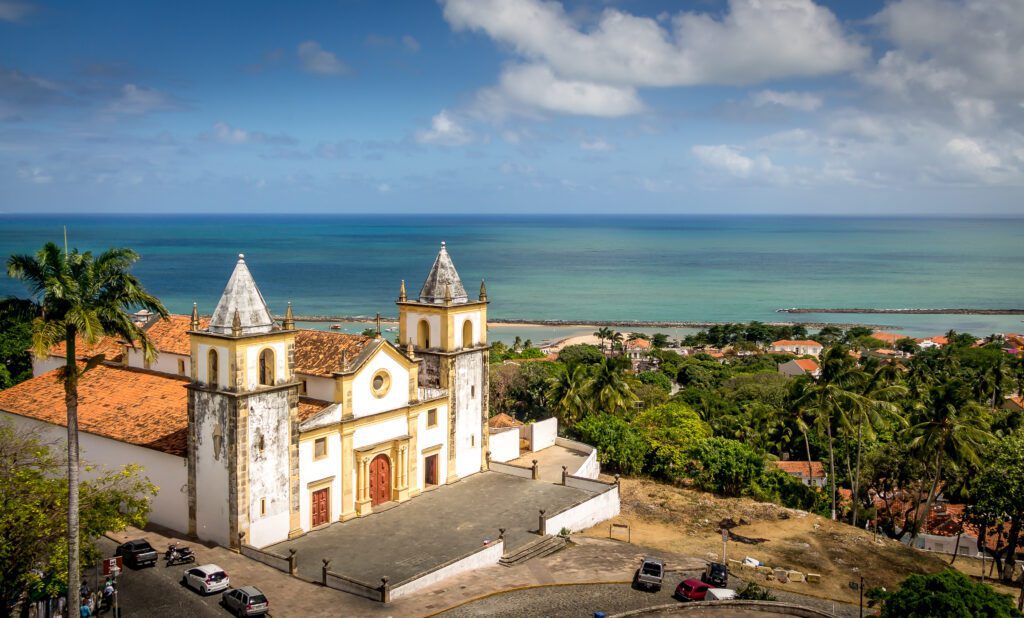


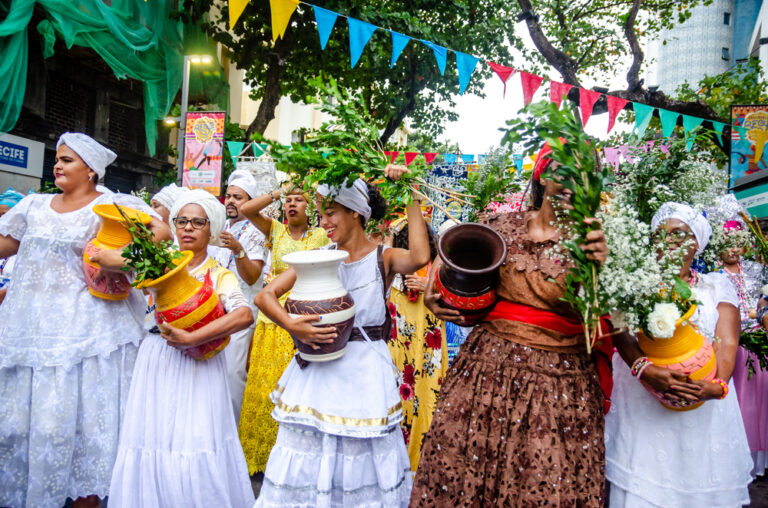

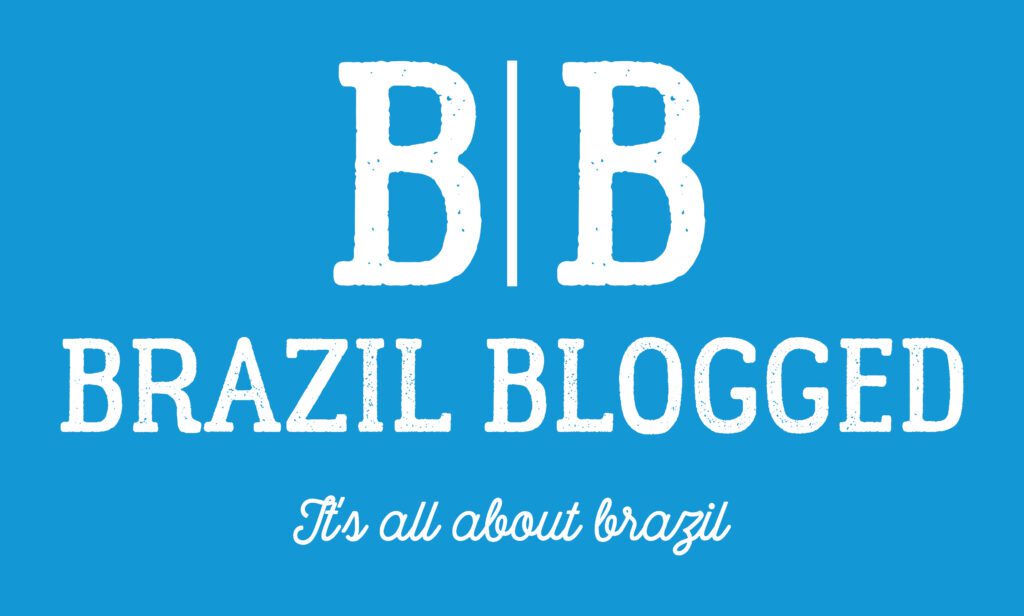


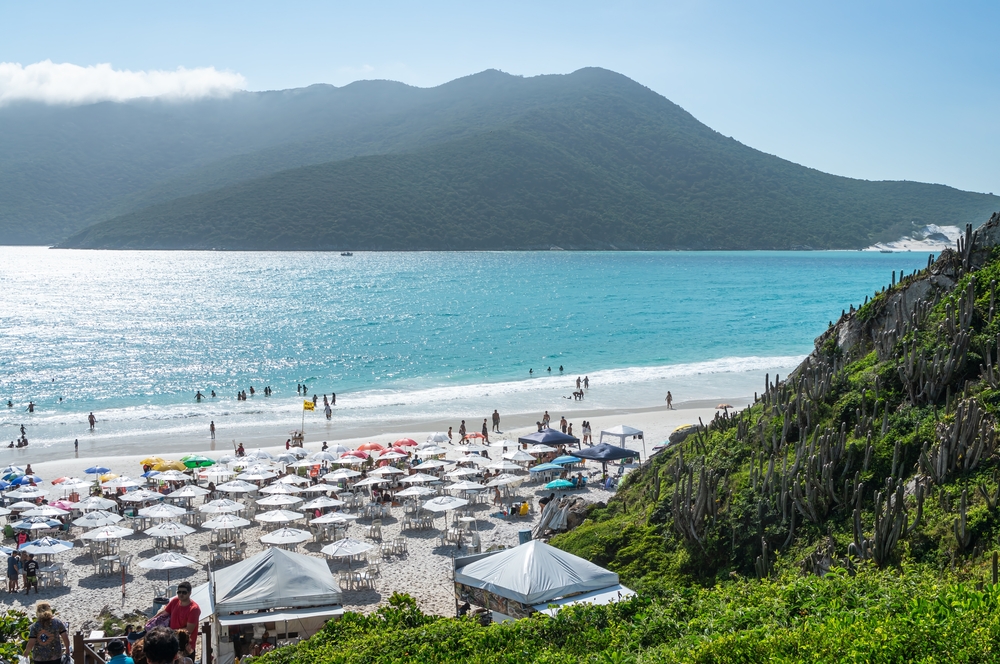
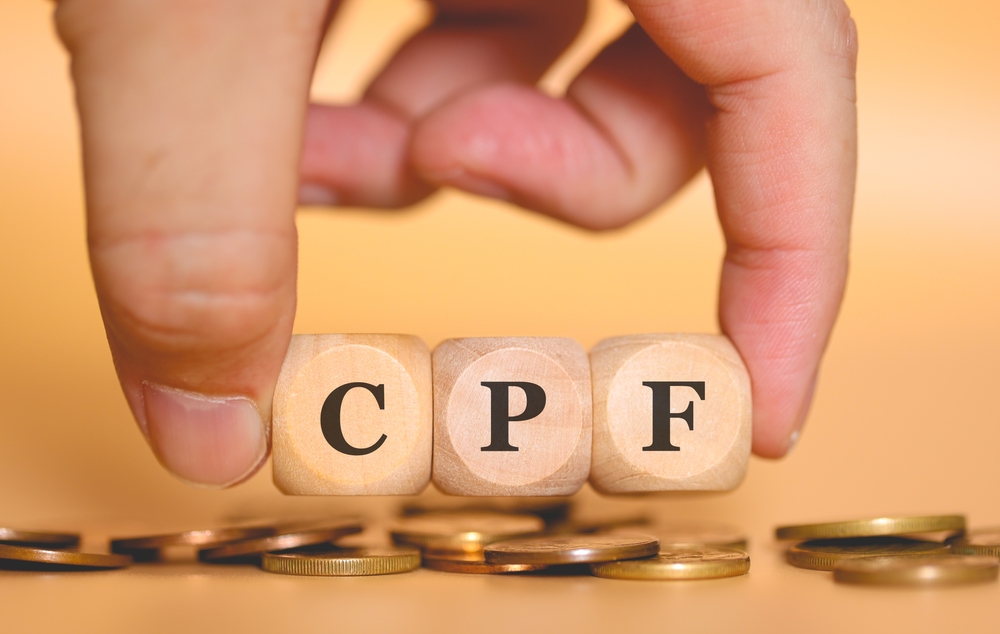
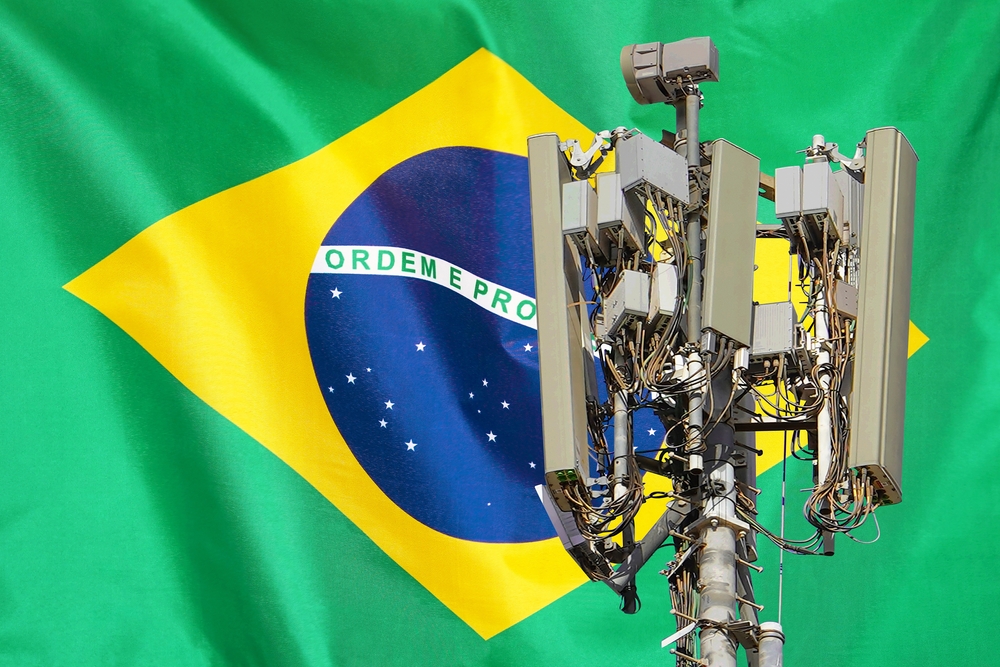
10 Responses